Czech may be more closely related to English than you think.
Czech can often seem impossibly daunting and very foreign, but there are many connections we can make between Czech and English, as well as other European languages for that matter. The more of these connections we know, the more manageable this language seems.
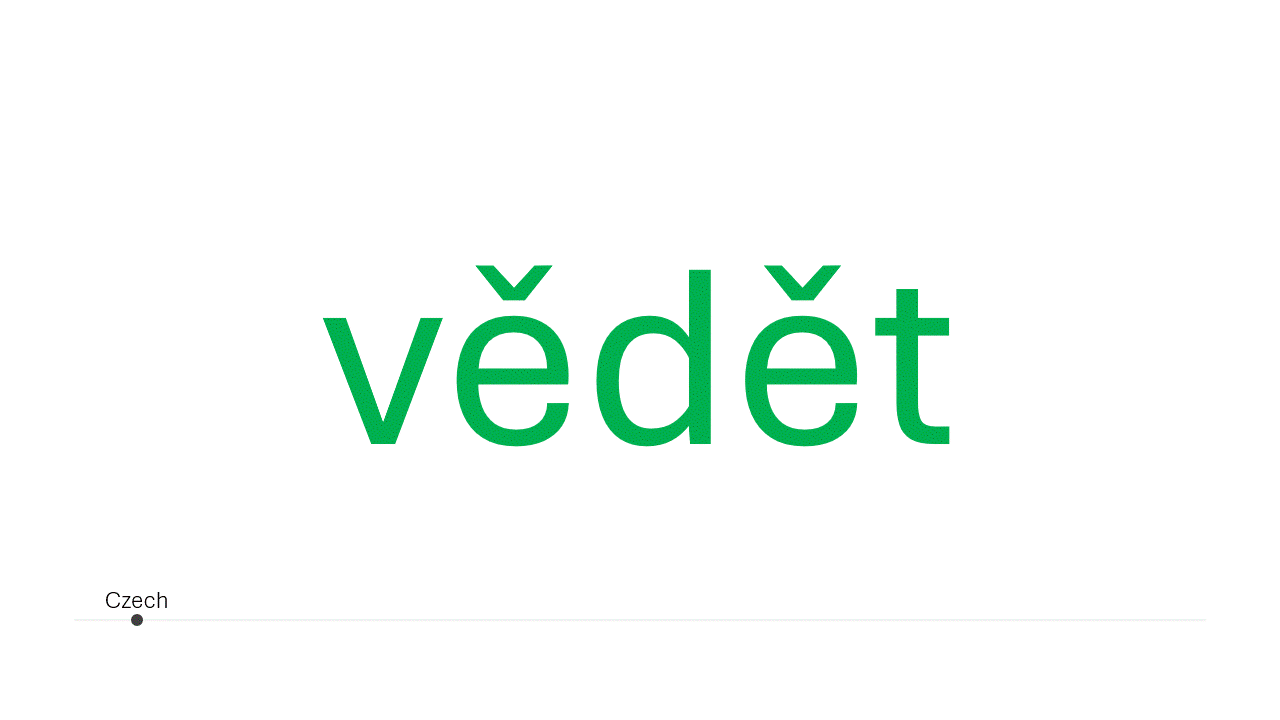
Vědět (to know)
Vědět (to know) is connected both to vidět (to see) in Czech and ‘wit’ in English meaning ‘intellectual ability’ and ‘to know’; the latter verb form is now largely obsolete.
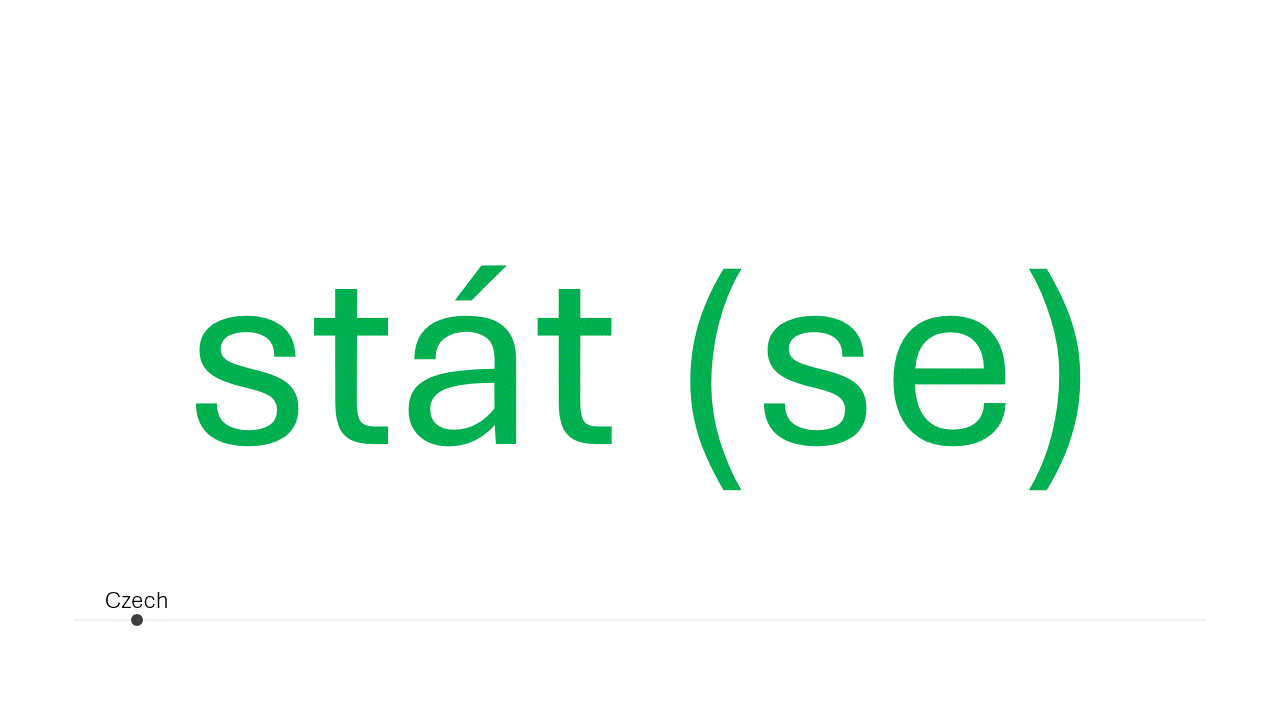
Stát (to stand)
Stát is a Czech verb that mean ‘to stand’, but it has also taken on the meaning of the noun ‘state’, both of which are easy to see but their journeys are nonetheless interesting.
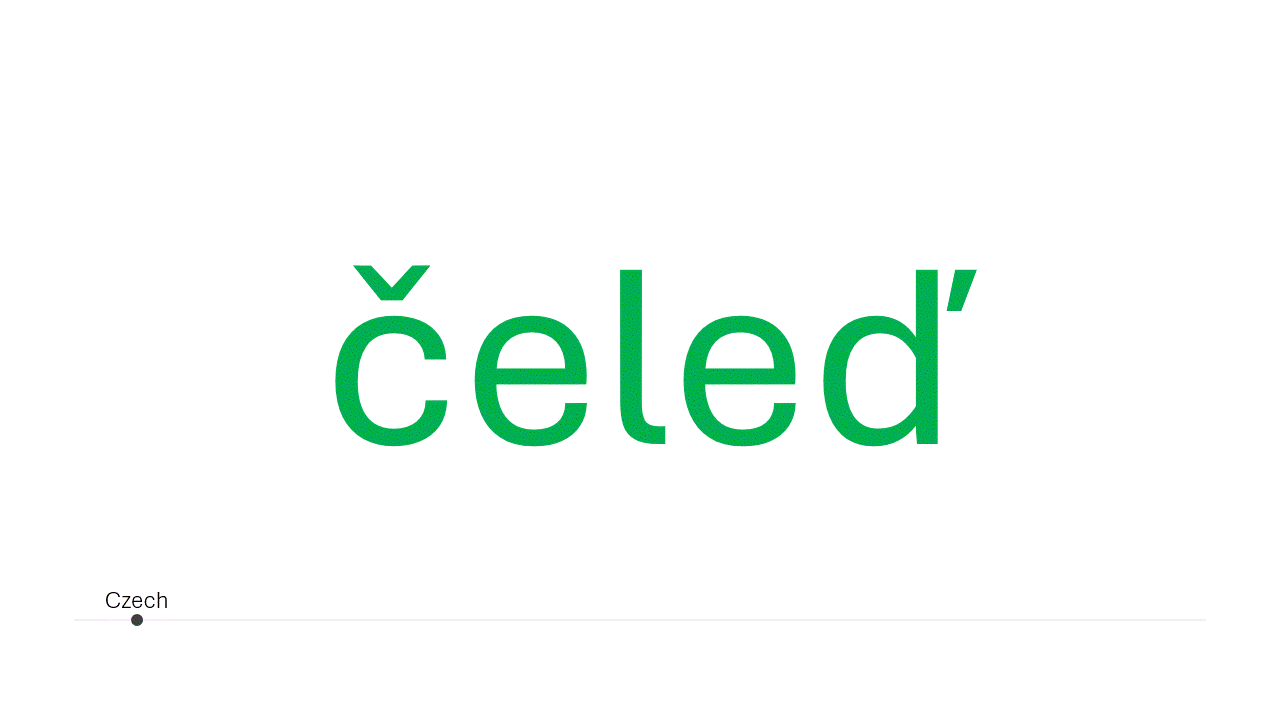
Člověk (person, human)
Člověk is a compound word that was slapped together a long time ago during the Proto-Balto-Slavic period and the first half of ‘člověk’ (čeleď) is related to the English word ‘shoal’ as in a ‘shoal of fish’.
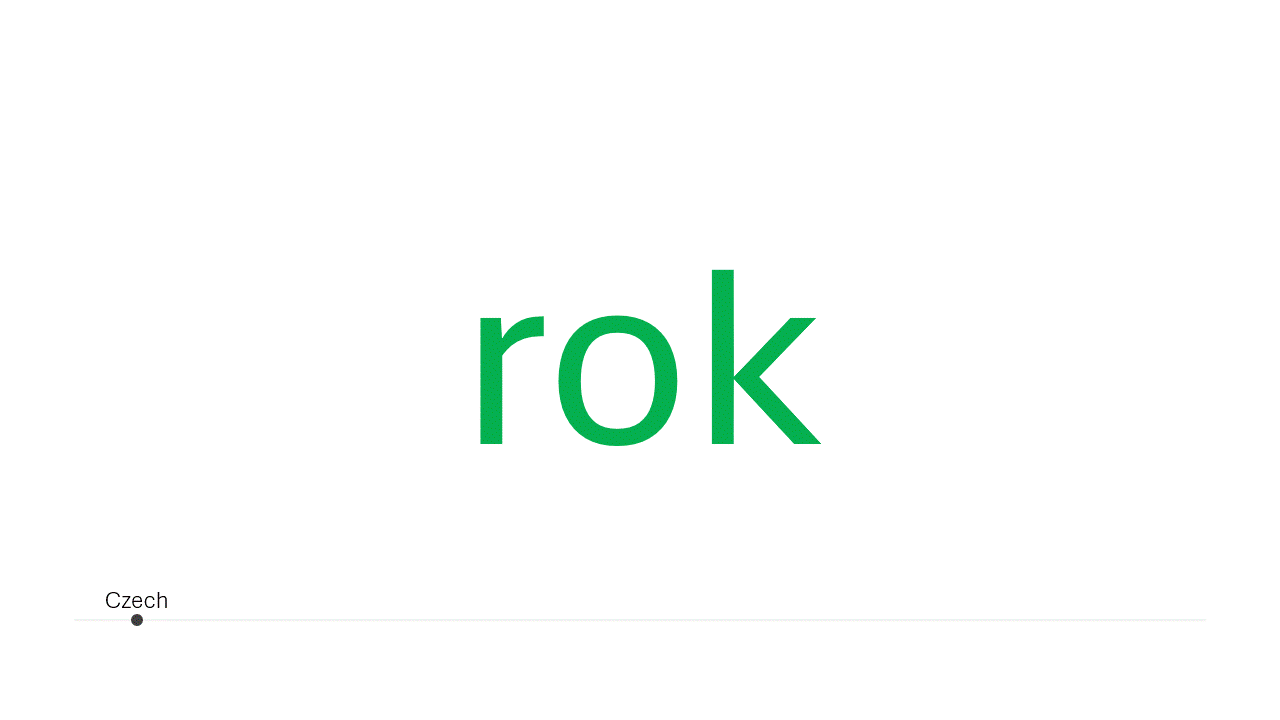
Rok (year)
Rok (year) is related to the English verb ‘to roar’, as in ‘to roar like a lion’. Rok actually derives from another common Czech verb říct (to say / to tell) which is where we get the connection to ‘roar’.
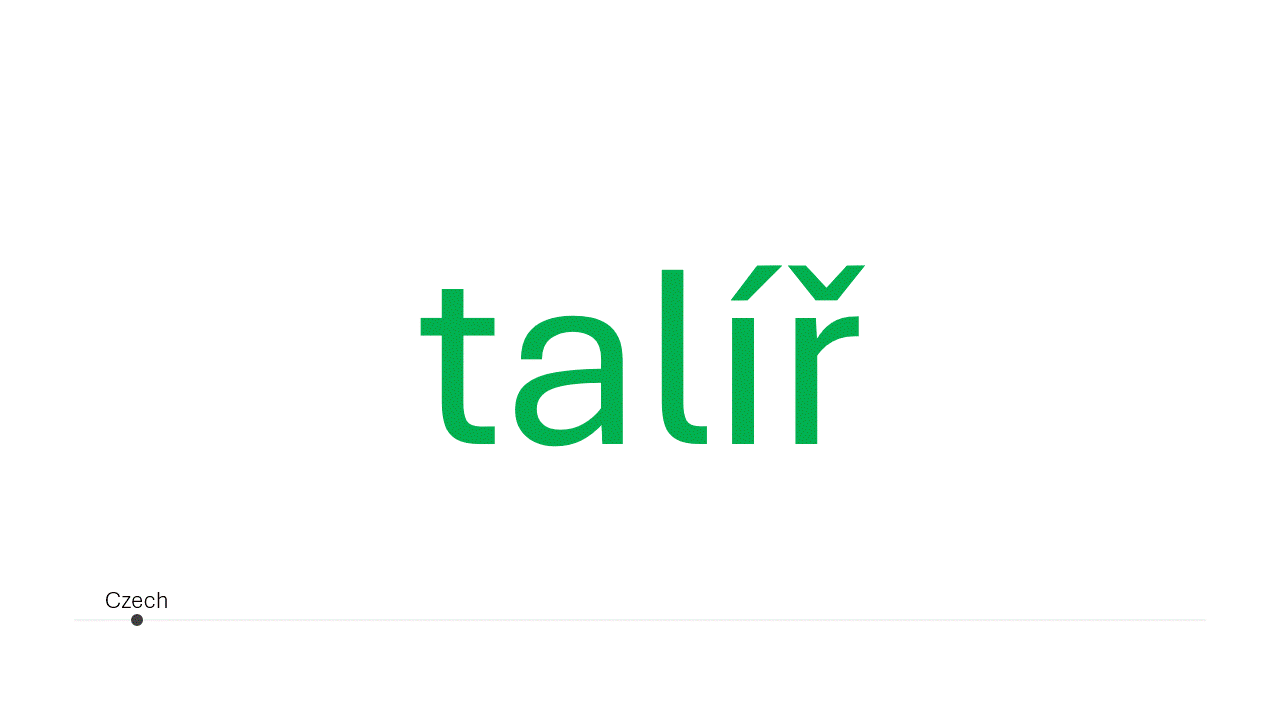
Talíř (plate)
Talíř (plate) is related to the English verb ‘to tally’ (meaning to count) via the Old French verb ‘taillier’ (meaning to cut or shapre). Their journeys are both very different which is why they seemingly have nothing to do with each other.
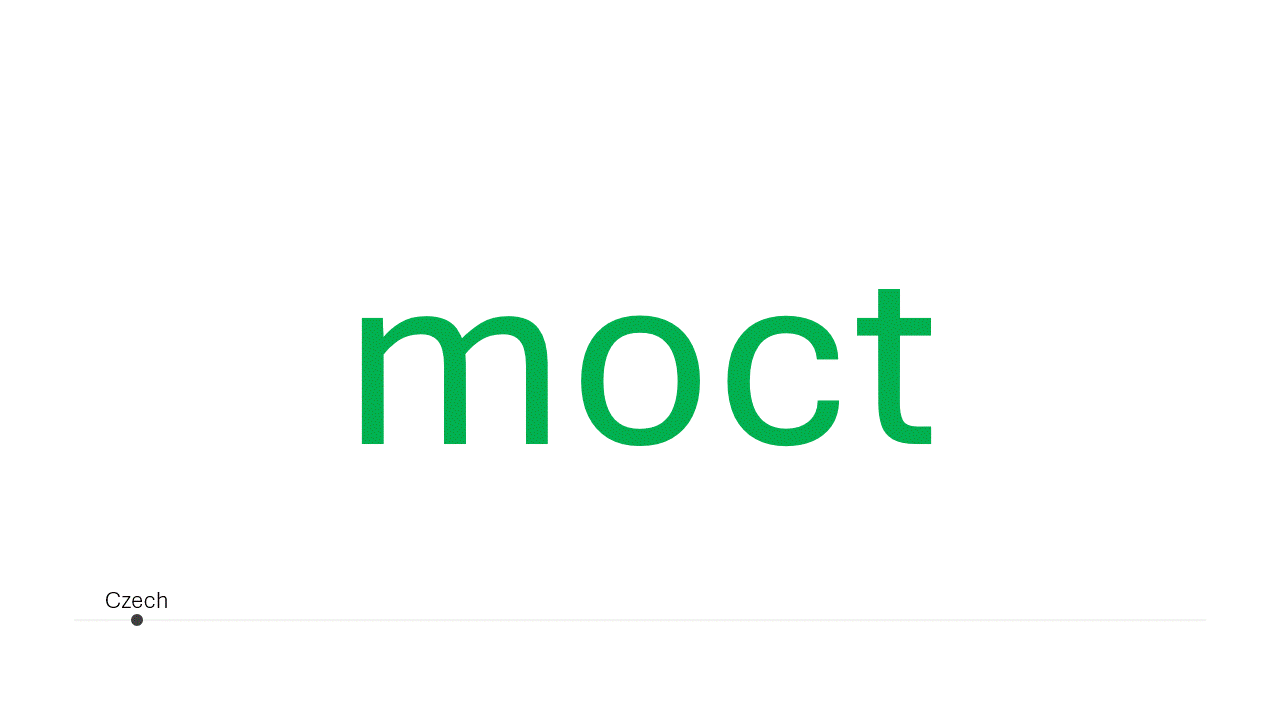
Moct (can, be able to)
Moct (can, be able to) is directly to the English modal auxiliary verb ‘may’ via the Proto-Indo-European (PIE) root *megʰ- which means ‘to be able to’.
